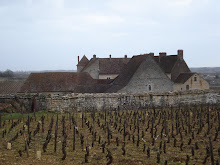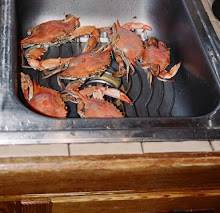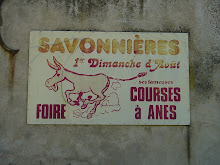Here's a set of questions that I hear pretty often:
What is the difference between an aged wine and one that's been made to drink upon release?
If they taste the same, why should I bother with a wine that isn't ready in the first place?
Why should I wait ten or even twenty years or more until the wine that I've stored is "ready"?
Worse yet, why should I go out and spend a fortune on a wine that someone else has stored for all of these years?
The answers to these questions are part of one of the guiding principles of VINUCATION that we have held since the inception of the company in 2000:
There
is a difference in taste between a young, ready-to-go wine and a wine that needs time to reach its maturity. The difference, very simply, is in the levels of flavor. Young wines, no matter how soft or approachable, will always be more "monolithic" in their taste or "flavor profile". Mature wines, given that the quality level is the same as that of the young wine, will always have many more layers of flavor. If you plan properly, you won't be waiting for the wine to mature
per se, as you will always have mature wine to drink once you make the effort to start your cellar.
It's true that most people in this country, even those who drink wine on a regular basis, will never get the chance to drink a wine that was meant for aging in the first place and then drink it at the peak of maturity. This is true because most people simply run to the liquor store on their way home from work. This can be avoided, even if one does not have a great deal of money. In France, Spain, Italy, and Germany, among other wine-bibbing parts of the world, much of the middle class has at least a small collection of wine down in some dark, dirty hole (often a root cellar) that is regularly replenished. Each family, in this way, is able to open a bottle or two with each meal, or at least with a few good meals during the week.
How does one get started?
Talk to you soon...


